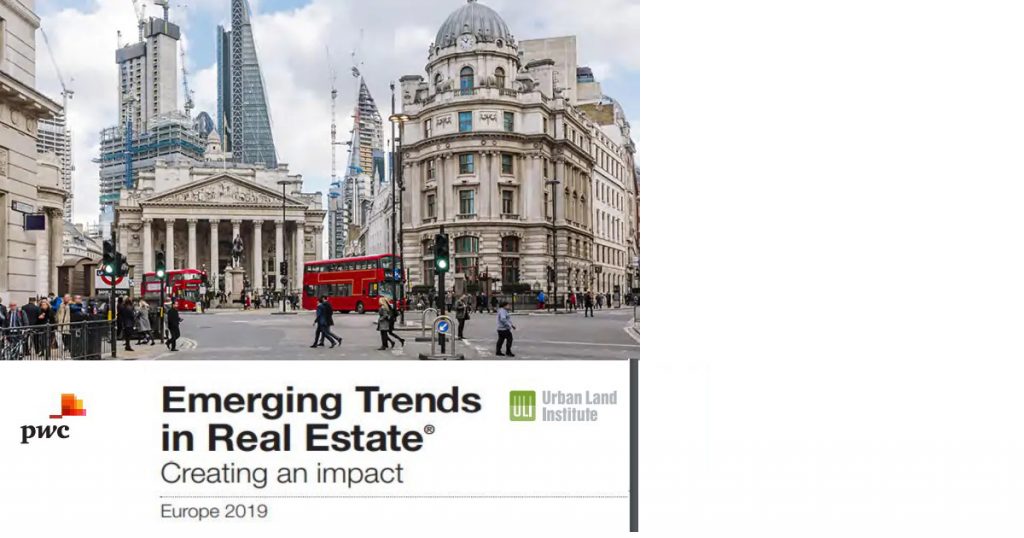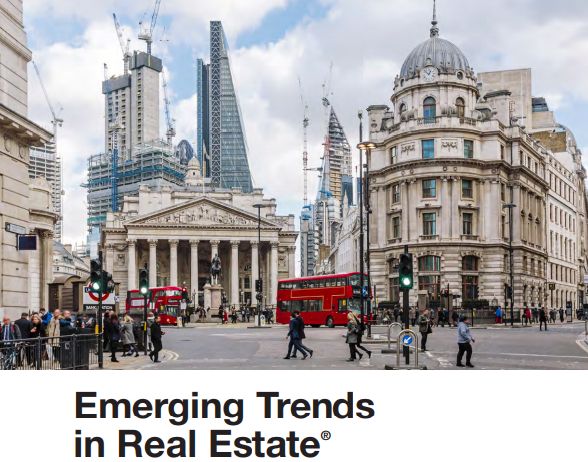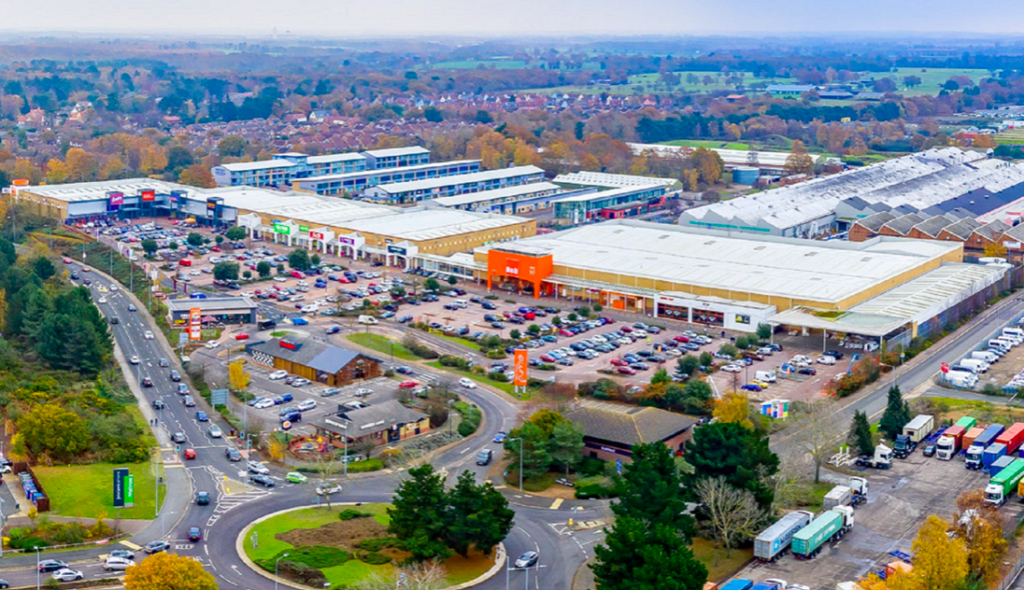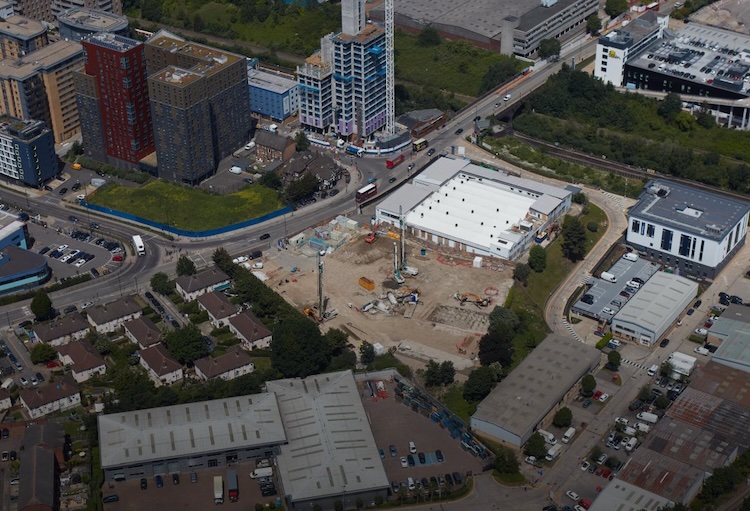In the light of global trade wars, low interest rates and geopolitical worries, real estate investors want secure, stable income above all else.

That is the conclusion of the 2019 Emerging Trends in Real Estate report from
Four in five of the 885 industry professionals, investors and also financial experts who took part in the annual survey are worried about international political instability, including Brexit.
Although the industry remains positive about business prospects, the short-term outlook is more sober in most markets. There is a recognition the sector is in a “late-cycle”. This is demonstrated by concerns over record values and the scarcity of suitable assets.
When it comes to securing income through investment and development, seven out of 10 are turning to residential property, student housing, co-living, social housing and also retirement property. Flexible offices, logistics and data centres are also included. Other options being considered are charging points for electric, and autonomous vehicles.
Search for secure, stable income in 2019 is paramount across Europe
“The search for secure, stable income in 2019 is paramount across Europe’s real estate industry as it navigates the prevailing late-cycle market while embracing new ideas that seek to combine long-term sustainability of financial performance with a greater emphasis on its role in society,” says the report.
The top real estate hotspot in Europe is Lisbon, Portugal, which pushed the previous winner Berlin, Germany, into second place. That is thanks to high scoring for quality of life as well as positive leadership. Third, as last year, is Dublin, Ireland.
Joining Berlin in the top 10 are three other German cities, Frankfurt (5th), Hamburg (7th) and also Munich (10th).
Looking at expected changes in capital values and rent, Berlin leads the way, with Lisbon in second and Amsterdam, Holland, in third.
The primary concern for two out of three respondents to the survey is the availability of suitable assets in which to invest to receive stable income.
“This serves to underline the enduring appeal of European real estate on the global stage, and with the search for yield and income, this is now edging the industry out of its core comfort zone. Some are moving into alternative or niche areas, like student accommodation, which require more operational expertise,” says pwc.
More investors are considering projects outside the mainstream and are more open to alternative real estate options. This has risen from 28% considering alternatives in 2015 to almost 60% now who have already invested as well as 66% who want to add to their holdings.
The most popular alternative sectors are hotels, student housing and also flexible offices.
Positive about short-term business prospects
Despite concerns about trade wars and Brexit, the industry remains positive about business prospects the short-term. One in four believe business confidence will rise in 2019. This is down from 42% in 2018, with 62% believing it will stay the same, up 12 percentage points.
Business profitability
The top three issues affecting businesses are availability of suitable land and also development projects (with 21% very concerned and 47% somewhat concerned. This is followed by construction costs (20% very concerned and 41% somewhat concerned). Then comes cyber security (12% very concerned and 40% somewhat concerned.)
International political instability is the biggest social issue (20% very concerned and 60% somewhat concerned.) Next comes national political instability (16% very concerned and 30% somewhat concerned) with housing affordability (13% very concerned and 41% somewhat concerned in third place.
Most of those surveyed say a global trade war is potentially damaging to business.
Around one in three investors say they expect somewhat lower or significantly lower returns in 2019, but still believe that real estate has an edge over other investment asset classes.
Some say the next five years are pivotal for the sector, with social inequality being one of the biggest issues over the medium term because it will set the political agenda across Europe. Others are also concerned about the pressure on the built environment through urbanisation. Many refer to the risk of obsolescence as real estate struggles to keep up with technology and also rapidly changing consumer behaviour.
With the price of core assets at record levels in many European cities, all investors face the challenge of how to deploy capital effectively to achieve “sustainable cash-flows”.
Develop-to-core strategies
Many are adopting “develop-to-core” strategies as a means of generating income. This means pursuing development projects to create core real estate rather than competing to purchase it.
Businesses are also following an “
Health and wellbeing, such as the happiness of tenants,
Consorto features European CRE for sale with details of yields obtained by investors.
Ends



